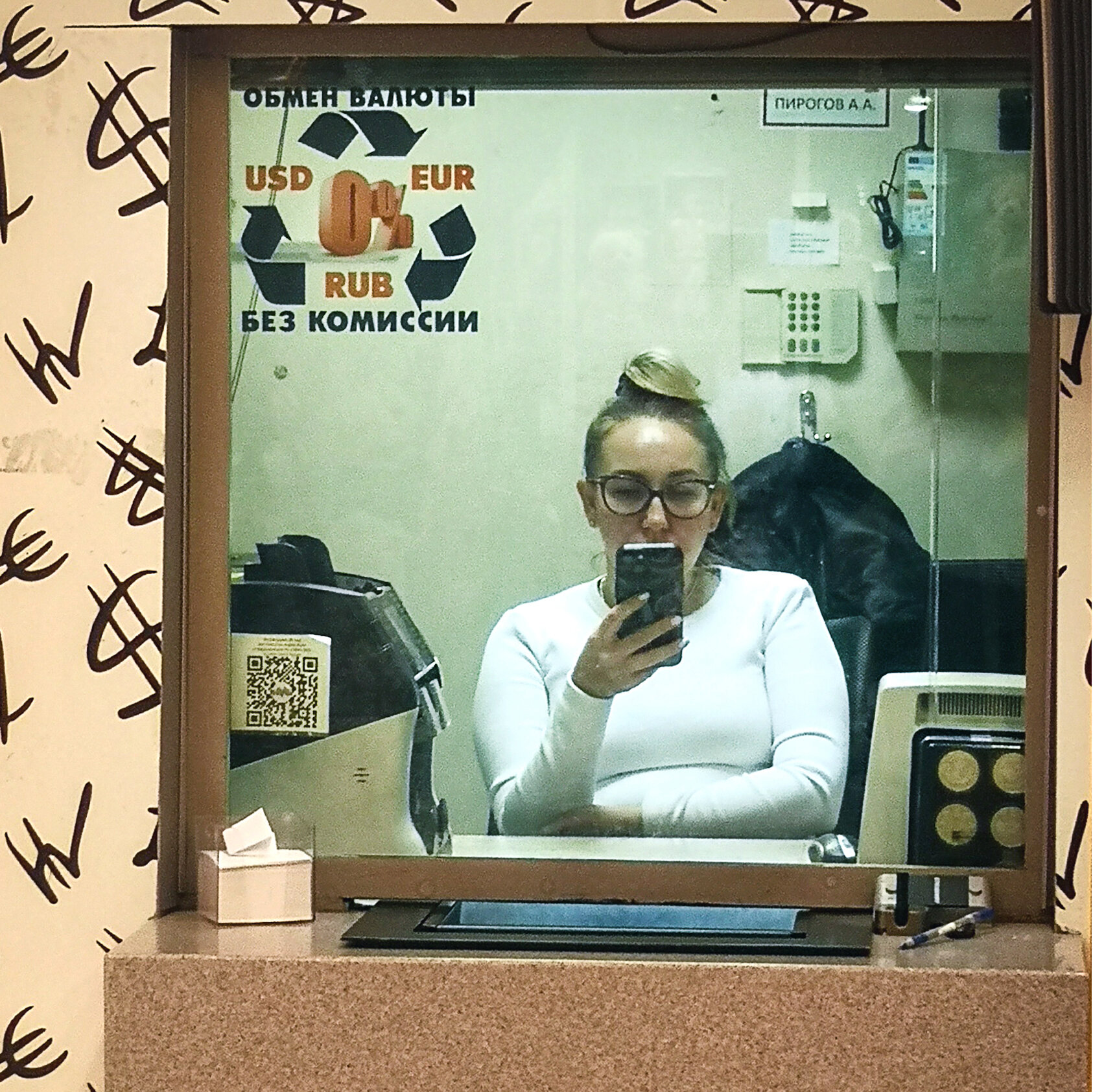Lemurs in Madagascar Face an Unexpected Killer
In the lush rainforests of Madagascar, lemurs—the island’s iconic and endangered primates—are confronting a threat that few anticipated: becoming a delicacy for the nation’s affluent elite.
From Forest Canopy to Luxury Table
While habitat loss and illegal wildlife trade have long plagued these charismatic animals, a new, more insidious trend is emerging. Wealthy individuals, often from the country’s upper echelons, are now seeking out lemurs as a status symbol, serving them on lavish dinner parties and private gatherings. This practice, driven by a combination of curiosity, tradition, and the desire for exclusivity, has turned the primates into a culinary rarity for those who can afford it.
Why the Demand Is Rising
Several factors contribute to this growing demand:
- Prestige: Consuming lemur meat is perceived as a display of wealth and sophistication.
- Exotic Appeal: The rarity of the species adds an element of novelty to high‑end menus.
- Cultural Misconceptions: Some believe that traditional uses of lemurs justify their consumption, despite conservation laws.
Consequences for Conservation
Each hunted lemur not only reduces an already fragile population but also disrupts the intricate ecological balance of Madagascar’s forests. Lemurs play a crucial role in seed dispersal, and their decline can lead to cascading effects on plant regeneration and overall biodiversity.
Efforts to Combat the Trend
Conservation groups, together with government agencies, are intensifying patrols in known hunting hotspots and launching awareness campaigns that highlight the legal and ecological ramifications of hunting lemurs. Educational programs aim to shift public perception, emphasizing that true prestige comes from protecting, not exploiting, Madagascar’s natural heritage.
Looking Ahead
Stopping the consumption of lemurs among the affluent will require more than enforcement; it demands a cultural shift that redefines luxury as conservation stewardship. By fostering pride in preserving these unique primates, Madagascar can safeguard its lemurs for future generations while preserving the ecological health of its irreplaceable forests.






